Who in American society has positive or negative views of dreams? How are people who have a positive view of dreams different from those who have a negative view? This post covers people’s attitudes towards dreaming and what the latest research says.
Most studies on this question have found that younger people have more positive attitudes towards dreams than older people, women have more positive attitudes than men, and people with high dream recall have more positive attitudes than people with low dream recall.
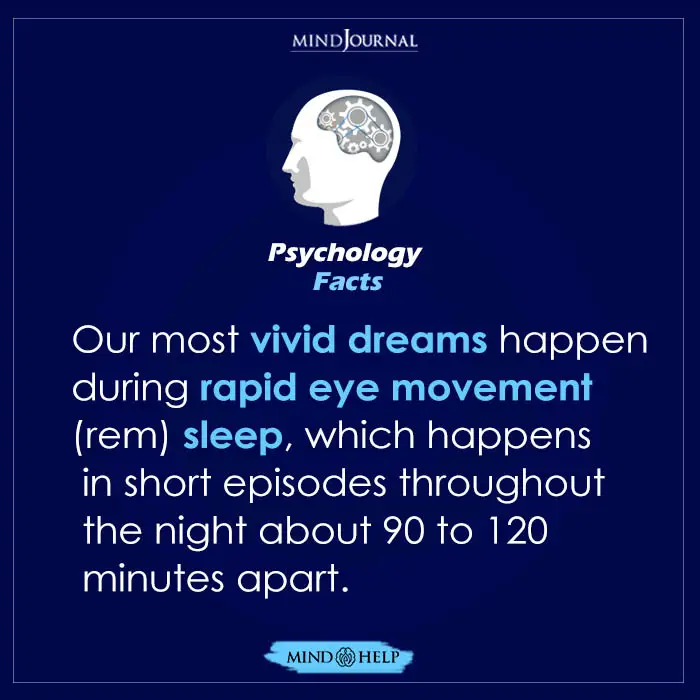
In the latest issue of the International Journal of Dream Research, Michael Schredl and I published the results of a new study on people’s attitudes towards dreaming. Our study replicated those past findings and went beyond them by looking at three additional variables: ethnicity, education, and religion. The results shed new light on the sociology of dreaming in the United States.
The study involved an online survey of 5,255 American adults, administered by a professional opinion research company. In addition to their demographic background, the participants were asked several questions about their attitudes towards dreams. These questions took the form of six statements about dreams, presented in random order. The participants were asked if they agreed or disagreed with each statement:
1. Some dreams are caused by powers outside the human mind.
2. Dreams are a good way of learning about my true feelings.
3. Dreams can anticipate things that happen in the future.
4. Dreams are random nonsense from the brain.
5. I am too busy in waking life to pay attention to my dreams.
6. I get bored listening to other people talk about their dreams.
Also read 11 Of The Most Common Nightmares And Their Scientific Interpretation
What do people think about dreaming
The first three of these statements were considered positive, in that they regard dreaming as something real, powerful, and valuable. The second three statements were considered negative in dismissing dreams as unreal or insignificant.
Our analysis of the results led to several new and interesting findings. In terms of ethnicity, black participants in this sample had significantly higher frequencies of agreement with the positive statements about dreams and lower frequencies of agreement with the negative statements compared to white participants. Hispanic people had more agreement with the positive statements than the whites, but not as much as the black participants. At the same time, Hispanic participants agreed more with the negative statements than either black or white participants.
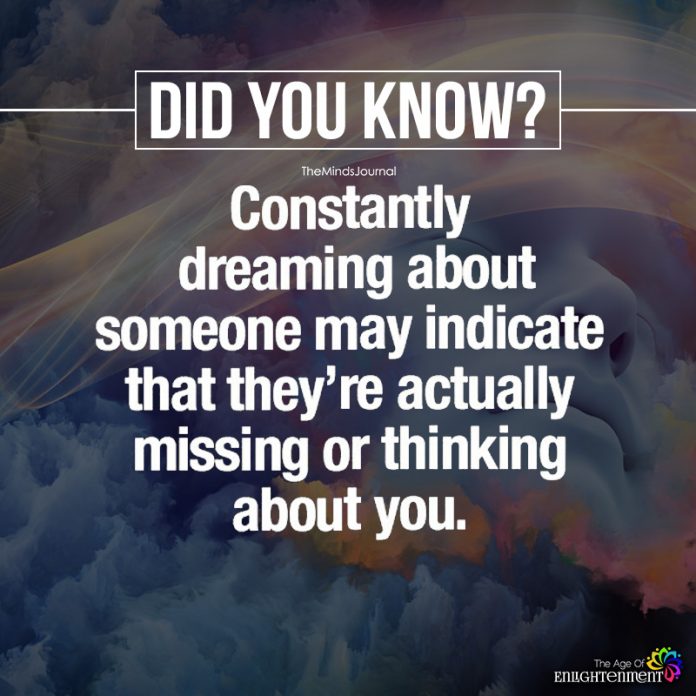
In terms of education, we analyzed the participants in two groups: those who had attended at least some college, and those with at most a high school degree. The differences were fairly small between these two groups. People with more education were somewhat more likely to agree with the “bored by other people’s dreams” statement. People with less education were somewhat more likely to agree with the “powers outside the human mind” and “anticipating the future” statements.
The most intriguing results came from the religion question. We found that religious orientation correlates strongly with attitudes towards dreaming. Atheists and agnostics were mostly likely to disagree with the positive statements and agree with the “random nonsense” statement.
The Protestants, and especially the Catholics, were more likely to agree with the “powers outside the human mind” and “anticipating the future” statements. The participants who identified themselves religiously as “something else” had the least negative and most positive attitudes towards dreaming of all the groups.
This seems like an especially important avenue for future research, looking more carefully at the “something else” population to study how their unconventional religious outlook relates to their attitudes towards dreams. Our findings suggest that dreaming is an especially important part of these people’s spiritual lives.
Also read 35 Interesting Paradoxes On Human Behavior That Are True
This study provides new clarity about the demographic qualities that are most often associated with positive or negative attitudes towards dreams. The people in contemporary American society who are most intensely engaged with dreaming (“hyper-dreamers”) tend to be young, female, non-white, slightly less educated, and more spiritual than religious.
The people who are least engaged with and most dismissive of dreams (“hypo-dreamers”) tend to be older, male, white, slightly more educated, and atheist or agnostic. These are broad tendencies with lots of individual variation, but they do suggest a deeper connection between certain clusters of demographic qualities and how people relate to their dreams in the present-day United States.
Please share this article with anyone who you may think will find it valuable and helpful.
Written by: Kelly Bulkeley, Ph.D Originally appeared on: Psychology Today Republished with permission
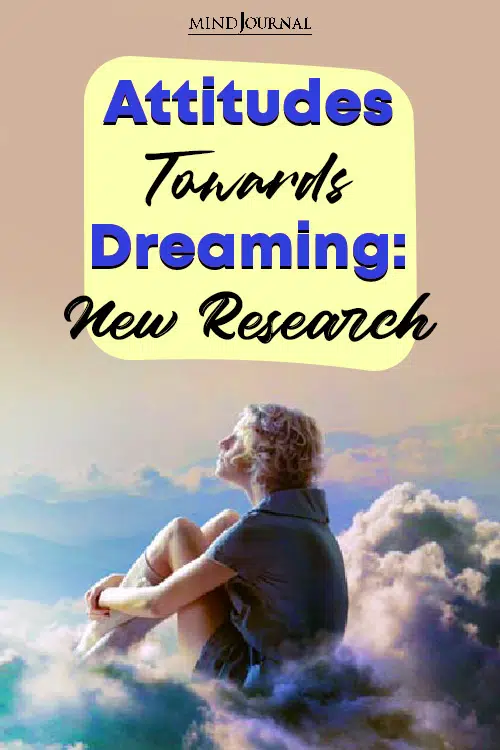
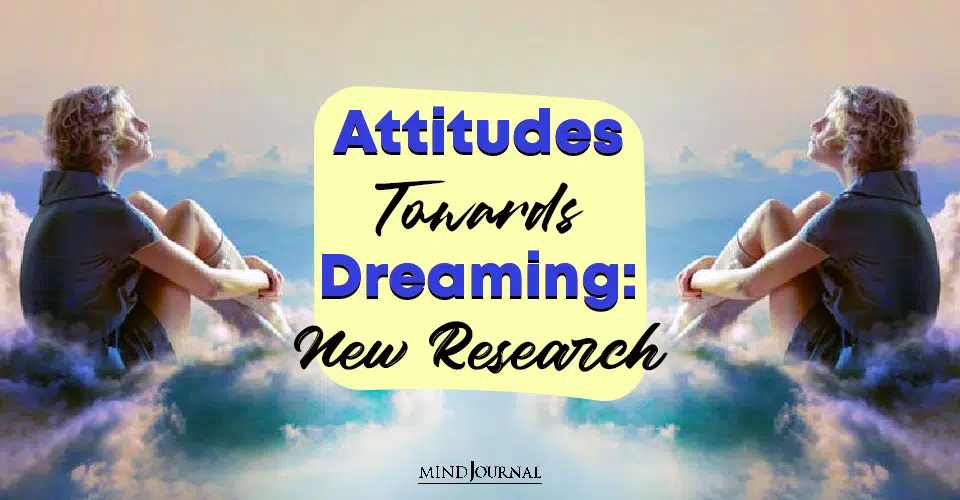
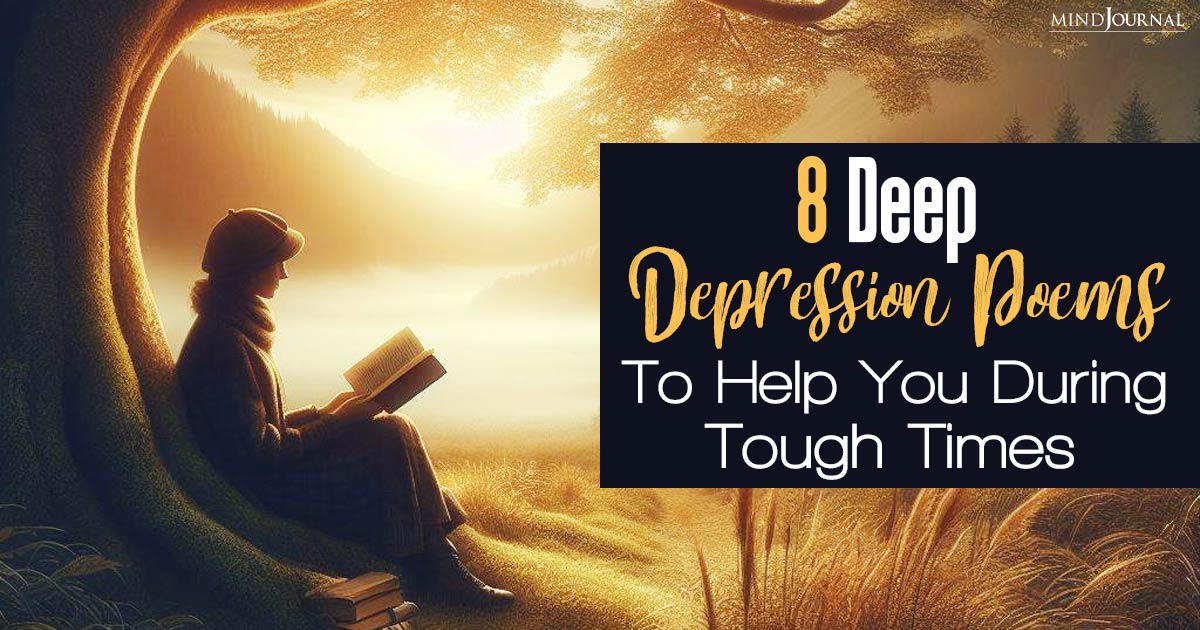



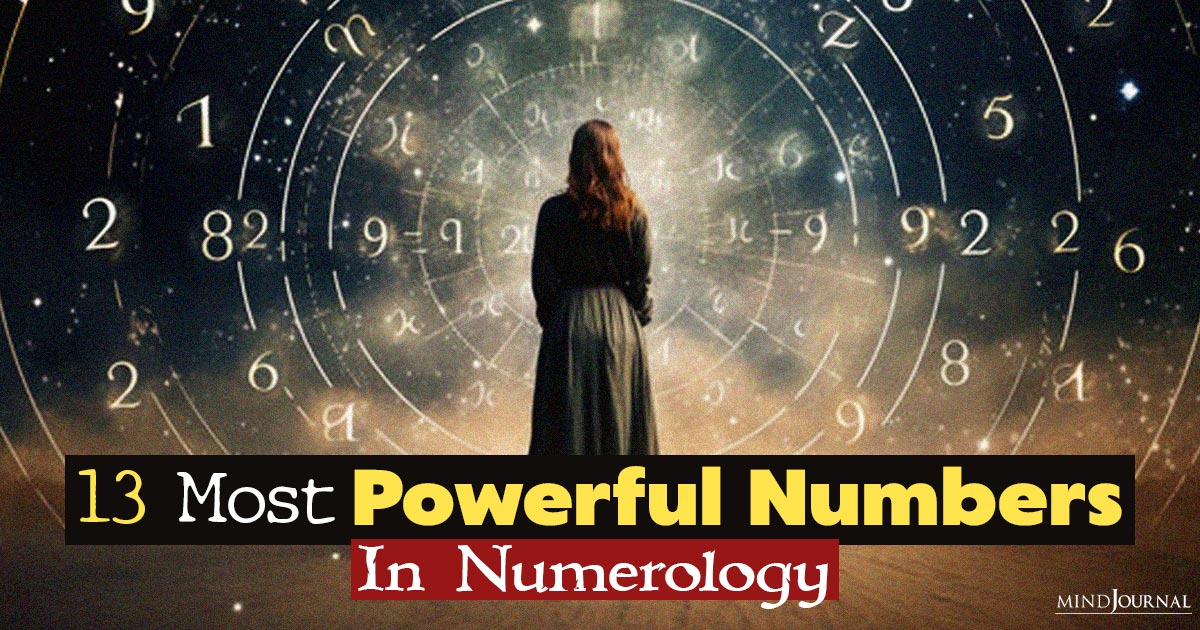

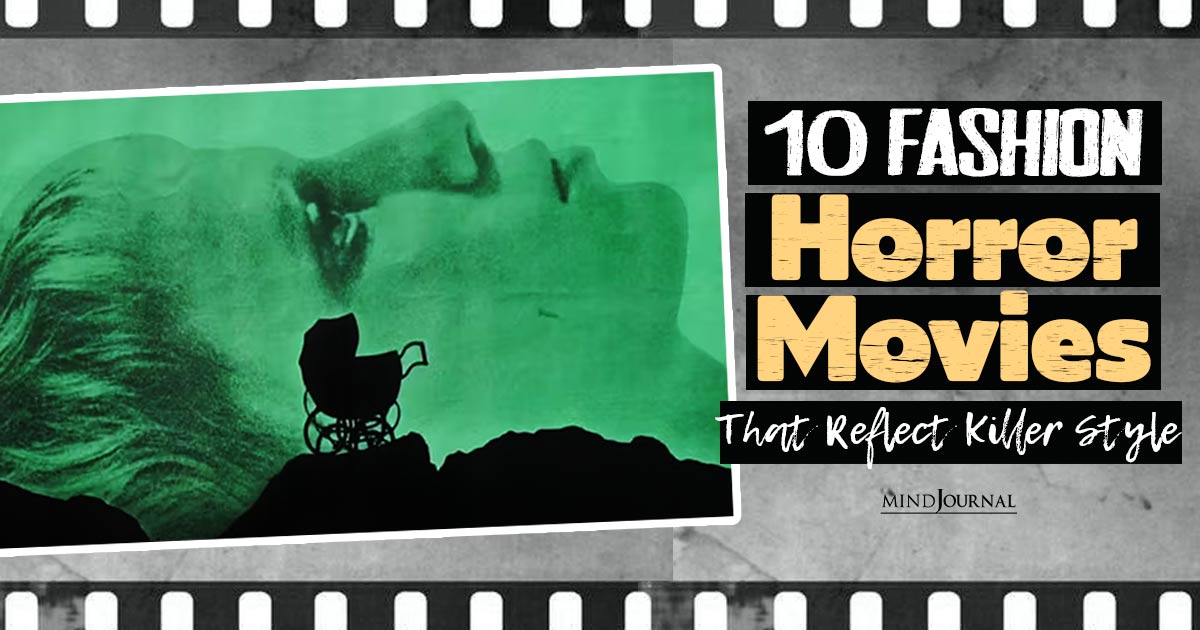
Leave a Reply
You must be logged in to post a comment.